Industrial manufacturing has come a long way in the last 200 years. Interchangeability led to mass production that in turn inspired Henry Ford to develop the assembly line approach. Mechanization reduced the muscular effort that human operators needed to exert and now, through the process of automation, complex machines are able to perform tasks that used to be completed manually. Advancements in technology and innovative ways of thinking have given rise to machines that perform assigned tasks automatically. The invention and subsequent development of the computer chip has played a formative role in enabling engineers to program and automate machines.
Large pieces of equipment and small devices alike can be controlled through computers. Factory and manufacturing automation has had effects beyond the production floor. Supply and demand, economies of scale and decreased production costs have caused significant changes to the way parts and goods are made and purchased. Consumer goods and industrial products have both been impacted by automation systems with lasting effects. The newest development in this area is the rise of robotic automation. Robots are able to perform small but complex tasks with high accuracy and low maintenance. Human operators program the robot’s movements and then oversee the process but do not have to provide constant guidance or support.
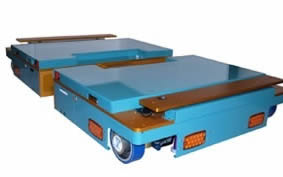 AGVs
AGVs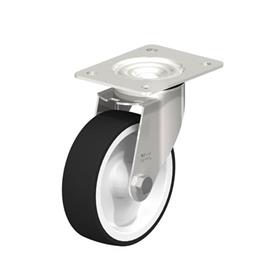 Casters
Casters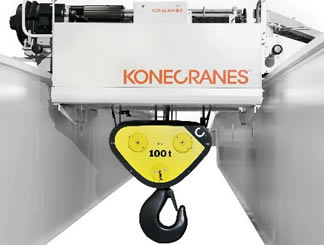 Cranes
Cranes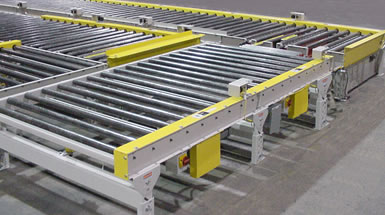 Conveyors
Conveyors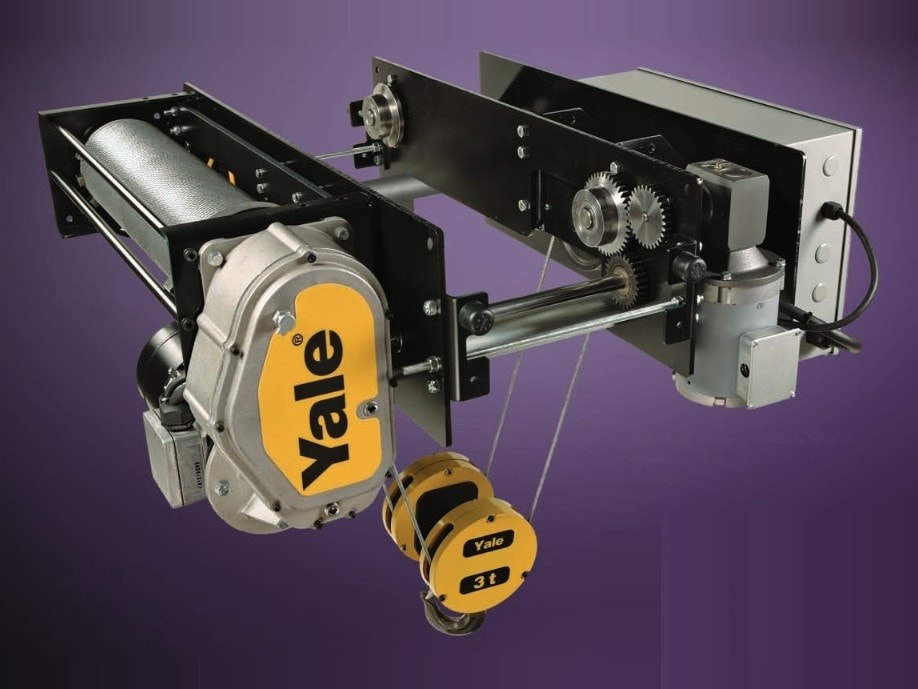 Electric Hoists
Electric Hoists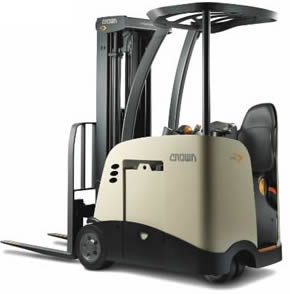 Forklifts
Forklifts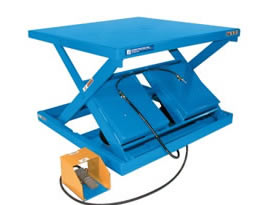 Hydraulic Lifts
Hydraulic Lifts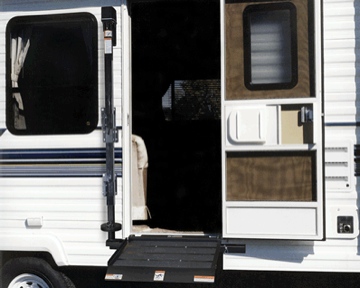 Platform Lifts
Platform Lifts Castings & Forgings
Castings & Forgings Bulk Material Handling
Bulk Material Handling Electrical & Electronic Components
Electrical & Electronic Components Flow Instrumentation
Flow Instrumentation Hardware
Hardware Material Handling Equipment
Material Handling Equipment Metal Cutting Services
Metal Cutting Services Metal Forming Services
Metal Forming Services Metal Suppliers
Metal Suppliers Motion Control Products
Motion Control Products Plant & Facility Equipment
Plant & Facility Equipment Plant & Facility Supplies
Plant & Facility Supplies Plastic Molding Processes
Plastic Molding Processes Pumps & Valves
Pumps & Valves Recycling Equipment
Recycling Equipment Rubber Products & Services
Rubber Products & Services